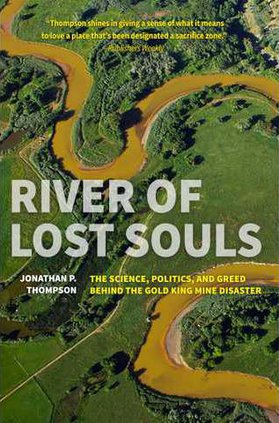WASHINGTON - With gasoline prices hovering at $4 a gallon nationally, many Americans are making tough choices: scaling back summer vacations, driving less or ditching the car altogether. Some seniors are choosing a tank of gas over their prescriptions.
An Associated Press-GfK poll shows the share of Americans who say increases in the price of gasoline will cause serious financial hardship for them or their family in the next six months now tops 4 in 10.
Overall in the poll, 71 percent said rising prices will cause some hardship for them and their family, including 41 percent who called it a "serious" hardship. Just 29 percent said rising prices are not causing a negative impact on their finances.
By income, 63 percent of those with annual household incomes over $50,000 now say rising prices are causing financial hardship, up from 55 percent in March.
For older Americans, it's worse.
The share of seniors expressing financial hardship over gas prices hit 76 percent; it was 68 percent in March.
Nettie Cash, 65, of Dallas, Ga., is cutting back on her medicine because of the cost of fueling up her Buick. Cash is still taking her heart pills but is forgoing her inhaler and ulcer medicine for now.
"It's not easy," she said. "You have to do what you have to do."
The public's coping strategies are largely unchanged from March, with 72 percent having cut back on other expenses, 66 percent saying they've reduced the amount of driving they do and 48 percent changing vacation plans.
Since January, gas prices have shot up about 90 cents, with the national average for a gallon of regular this week at $3.96.
Financial analyst Nicole Polite in Baltimore sold her Nissan Altima recently and is taking public transportation, opting for the bus, rails and walking to get to work. Gas prices were just too high, she says, so she and her boyfriend downsized to a one-car household. She says they kept their Lexus sedan, which requires pricey premium gas.
"It's definitely a financial strain because now you have to reassess everything," said Polite, 32. "We don't go out as much. That $20 that we could have used to go to a movie - now that money has been absorbed by the gas tank."
But analysts say relief is coming. Fred Rozell, retail pricing director at the Oil Price Information Service, expects the price at the pump to drop as much as 40 cents in the next four weeks.
Until that happens, Ross Cobb in Boerne, Texas, will still try to keep his highway miles down. Cobb says he and his wife have been driving less and curbing trips into the city for their children's clothing and other supplies.
"We coordinate all of our trips into San Antonio," said Cobb, an associate athletic director at the University of Texas. "We don't ever go in anymore just for one particular errand. We wait until we've got two or three things to do."
The Associated Press-GfK Poll was conducted May 5-9 by GfK Roper Public Affairs and Corporate Communications. It involved landline and cellphone interviews with 1,001 adults nationwide and has a margin of sampling error of plus or minus 4.2 percentage points.




